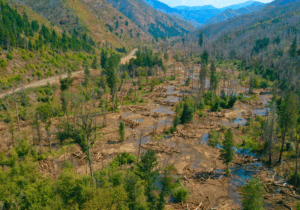
Partnerships at Work in the McKenzie Valley
The completion of restoration at Quartz Creek bolsters a growing network of efforts to protect water and wildlife across the McKenzie River watershed.
Throughout the pacific northwest, our rivers hold a dynamic legacy of pristine water, abundant salmon runs and breathtaking views. Throughout their history, these rivers, and the people who settled along their banks, have also shaped the west as we know it today. Before the railroad arrived in the early 1900’s, Oregon’s rivers served as the primary transportation route for timber and agricultural goods. By the 1940’s, the power of these wild rivers began to provide economic growth in the form of hydropower. Through the many events that have unfolded between colonization of the west by white settlers and the first Environmental Protection Act signed in 1970, people have re-shaped, and redefined what it means to be a wild river.
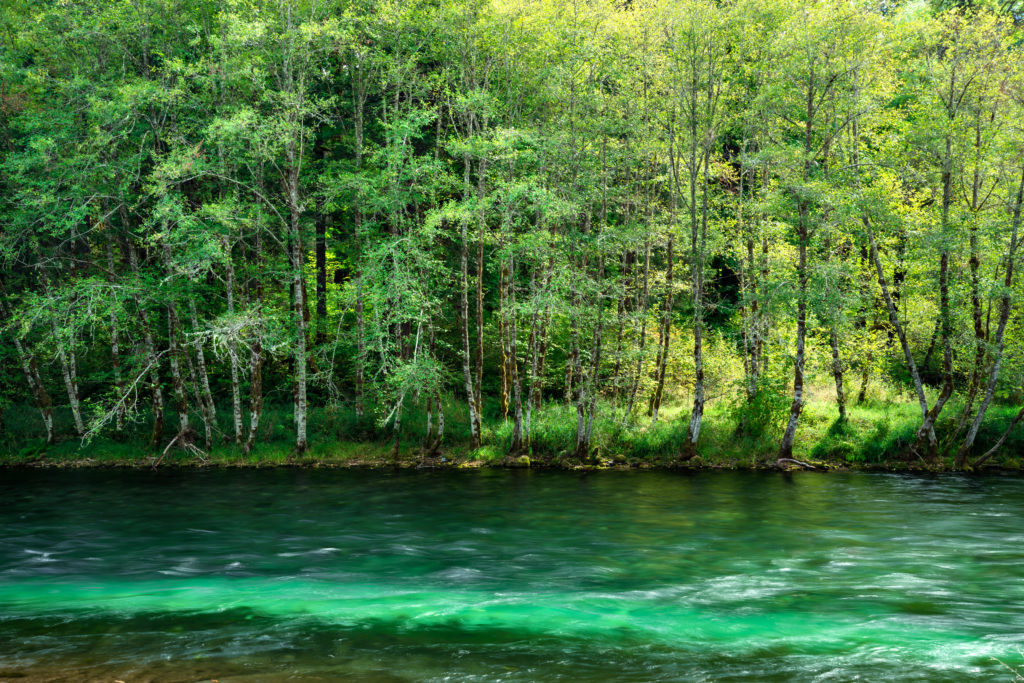
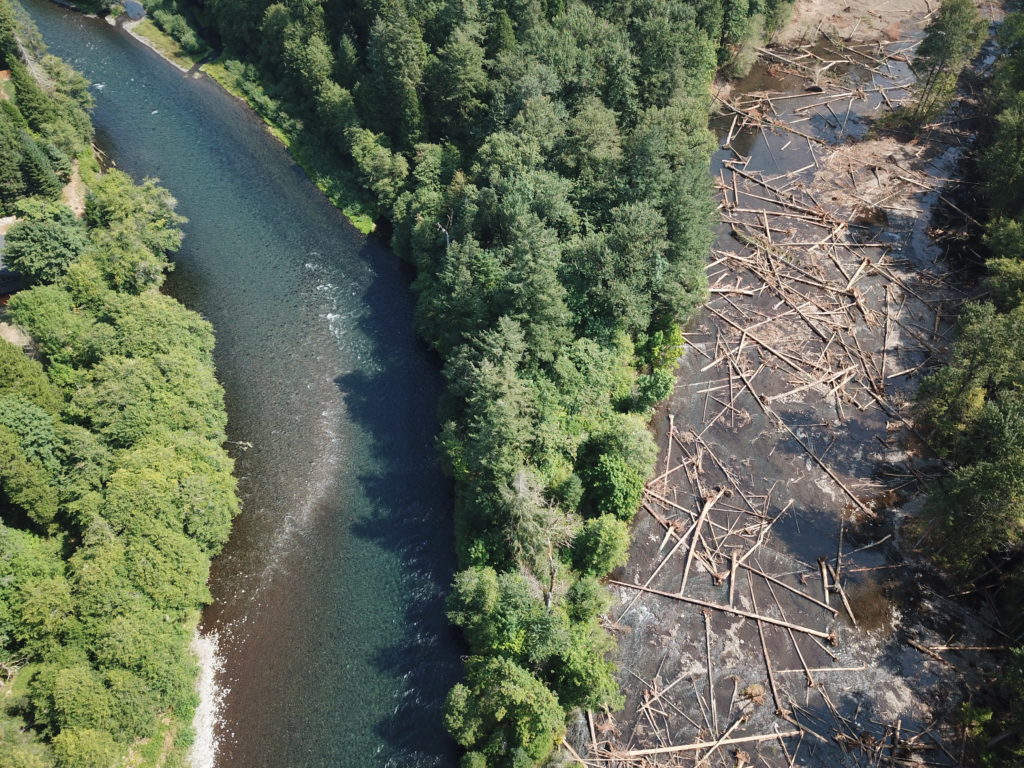
Since 2006, McKenzie River Trust has implemented dozens of river-based restoration projects. Each project addressed negative human impacts by allowing for more natural movement of water across the floodplain. These projects take place in areas where there will be no negative impacts to neighboring lands, commerce, or recreation and all include intensive hydrologic modeling and engineering before implementation. At Finn Rock Reach, our work is based on restoring riverine processes through following the model of a rivers natural lifecycle.
In their natural state, rivers in wide valleys like the middle McKenzie are dynamic and messy. They have many channels and lots of wood, beaver dams, and wetlands. Here, water moves slowly, leaving sediment, nutrients, and seeds that all contribute to a healthy environment. These natural river valleys create a lot of important resources for fish and wildlife to thrive in!
When river valleys are changed by humans, land use practices like levee, road, and dam construction, floodplain development, and removal of wood and beavers can quickly turn these wide, slow-moving river-wetland complexes into high-energy channels that no longer provide quality habitat for fish and wildlife.
Restoration efforts along the McKenzie River are designed to give the river plenty of space to move around, to slow the water down again, and to recreate the wild, messy habitat created by large wood. This work often requires heavy machinery to move sediment and wood across the valley. When finished, these projects enhance water quality and quantity, buffer against wildfires, floods, and drought, and revive the natural habitats for plants, animals, and people to benefit from.
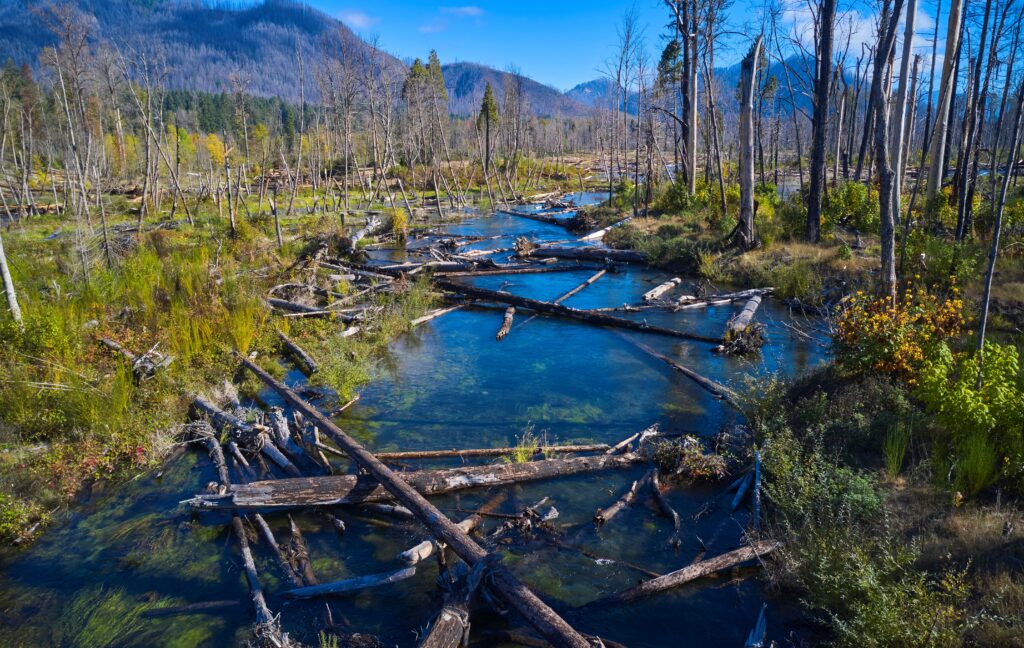
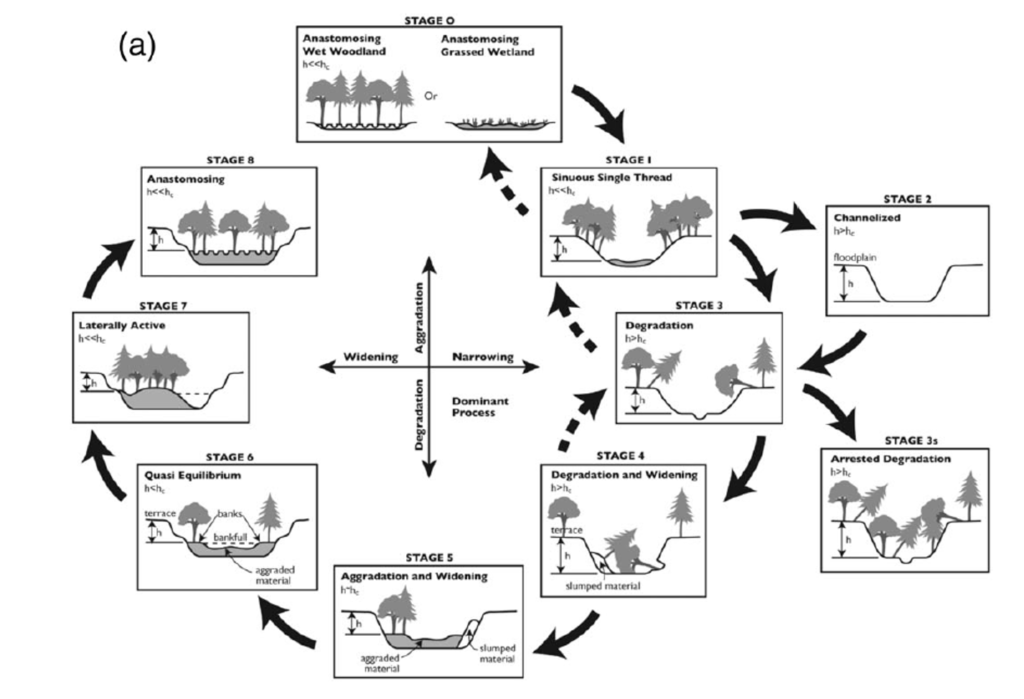
Powers PD, Helstab M, Niezgoda SL “A process-based approach to restoring depositional river valleys to Stage 0, an anastomosing channel network”. 2018
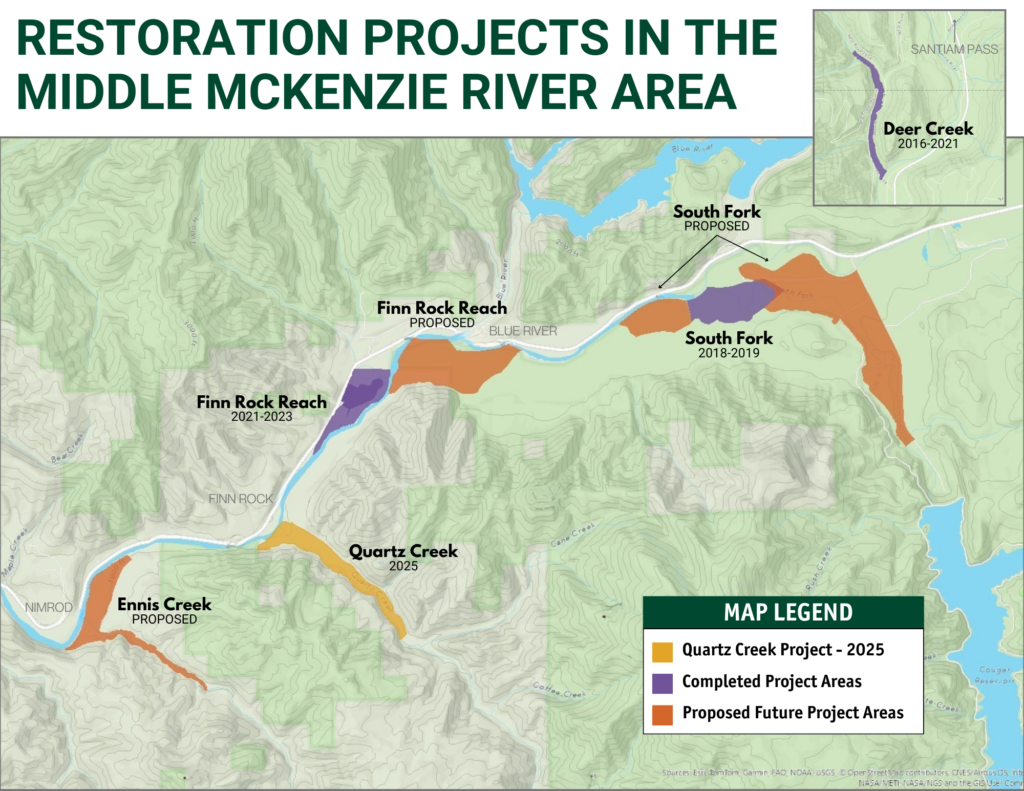

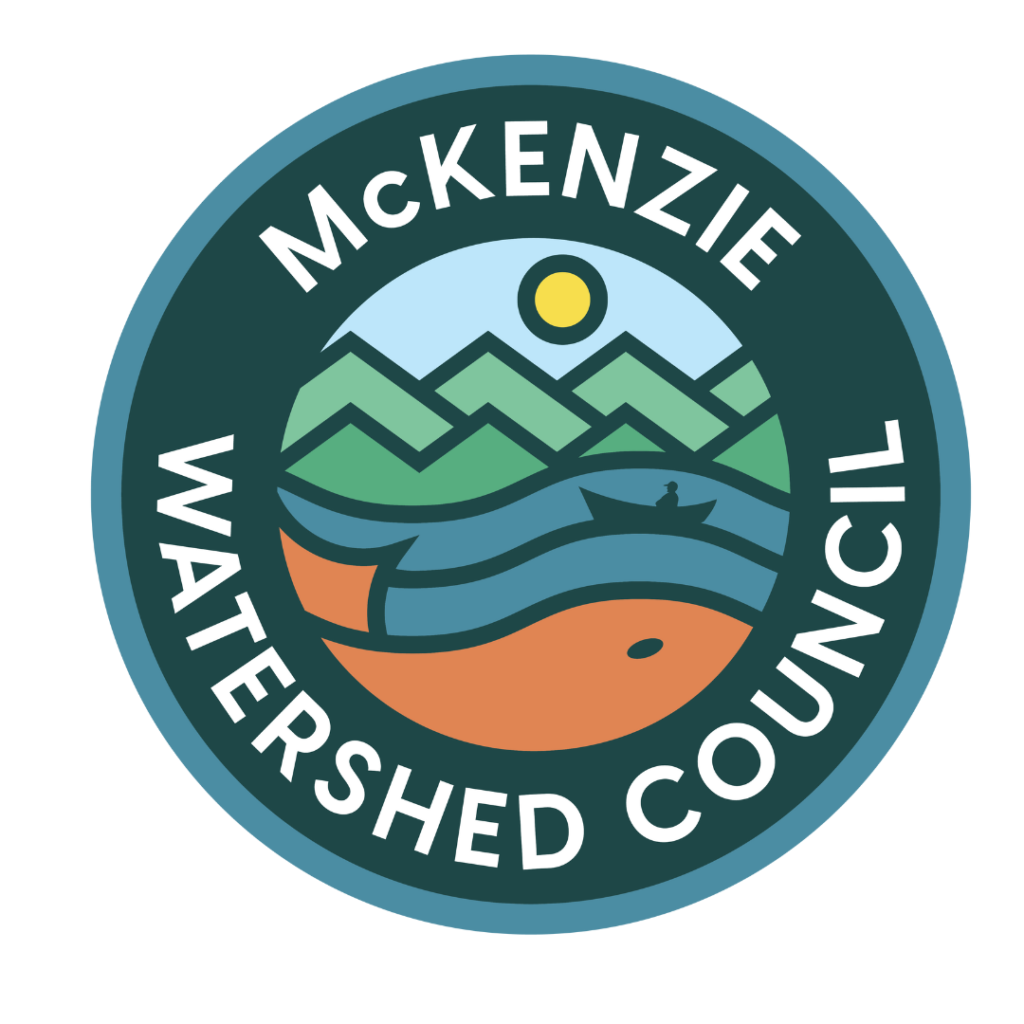
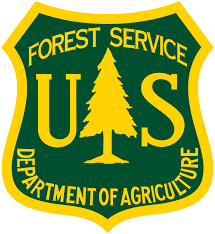
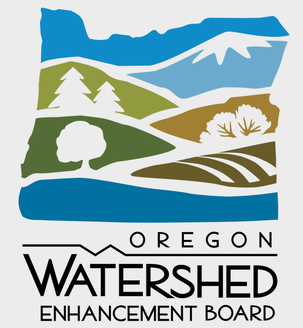
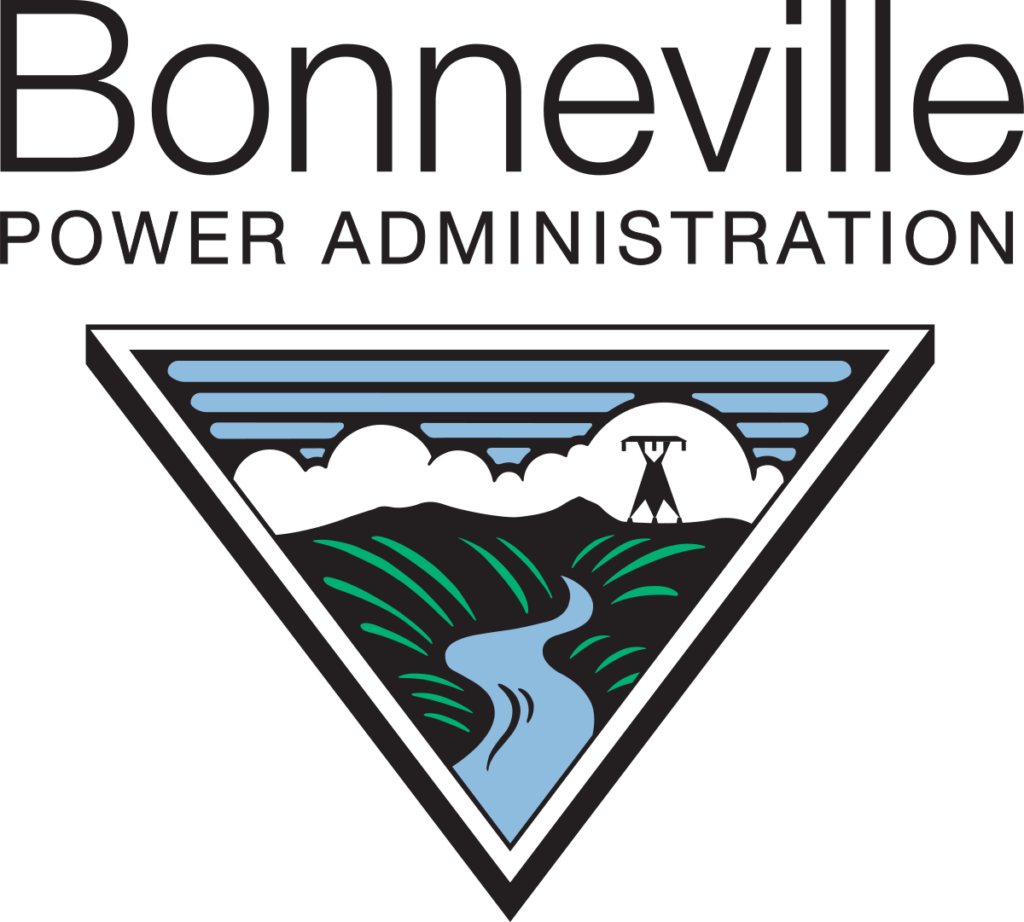
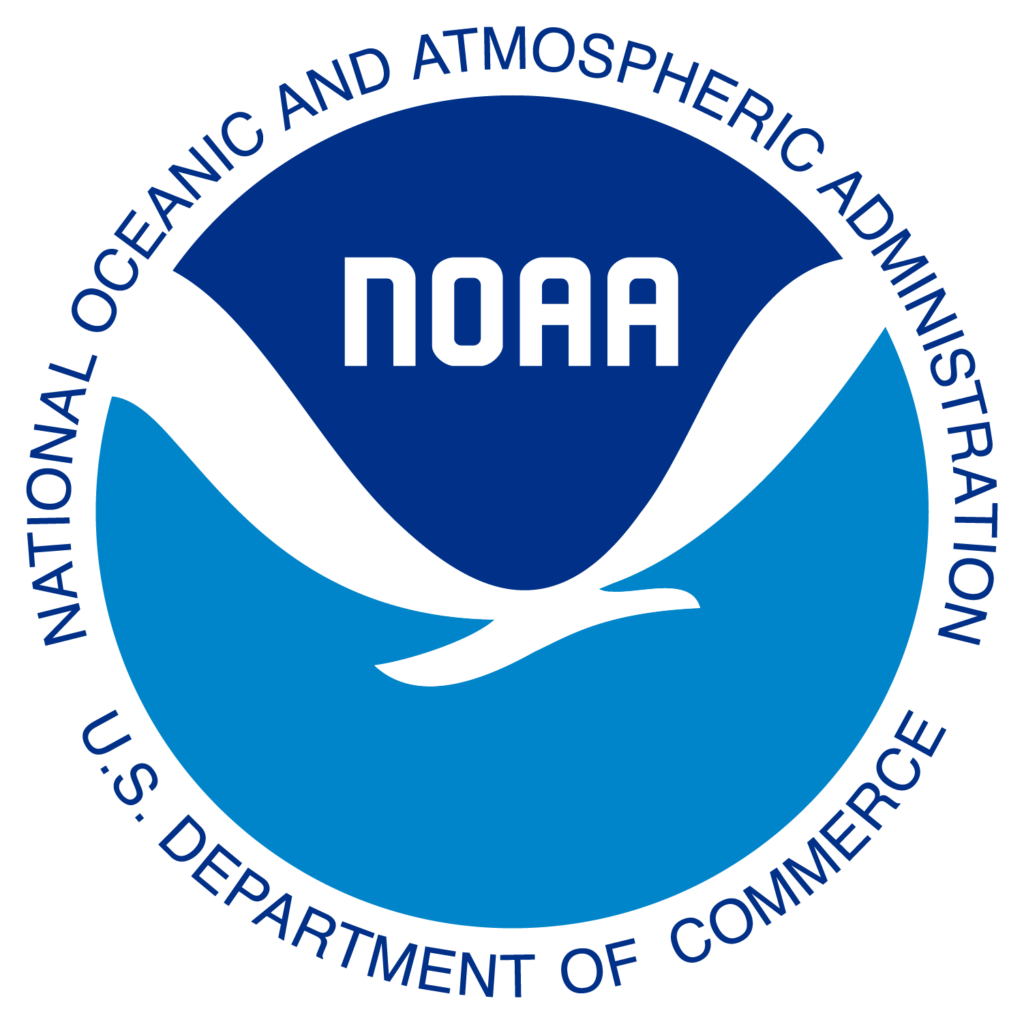
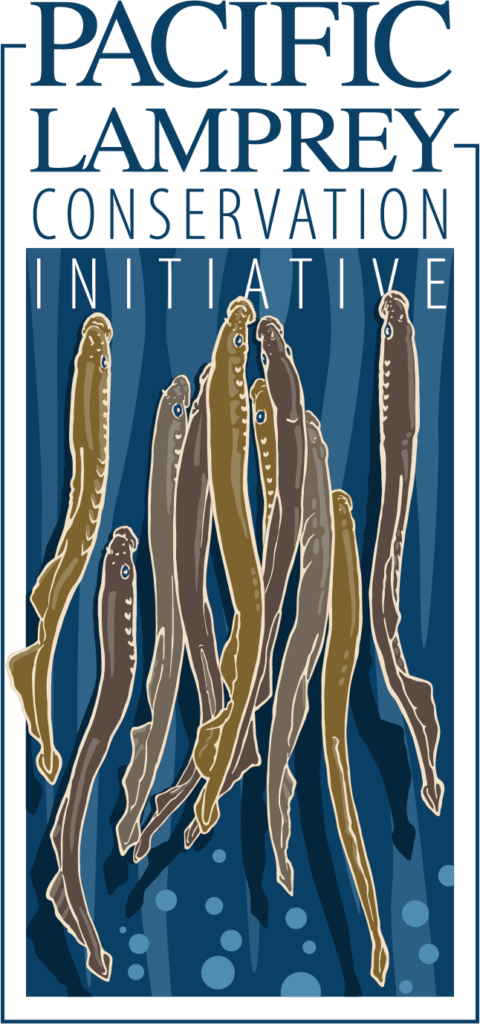
KLCC, October 2021
Think Outloud, OPB September 2021
The Register-Guard September 2021
Eugene Weekly September 2021
KEZI News October 2020
The Register-Guard October 2020

The completion of restoration at Quartz Creek bolsters a growing network of efforts to protect water and wildlife across the McKenzie River watershed.
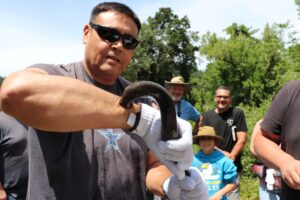
In late June, Pacific Lamprey were released into the upper Long Tom River, marking the first time these ancient fish have swum in this part of the watershed in nearly 100 years. Part of a decades-long restoration initiative, the release was carried out by fisheries staff from the Nez Perce Tribe and the Confederated Tribes of the Umatilla Indian Reservation (CTUIR), who harvested the adult spawning fish at Willamette Falls, collected DNA samples, and then released them into the Long Tom River.
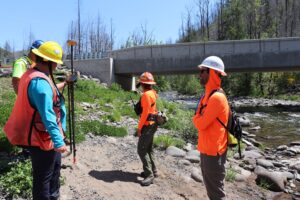
McKenzie River Trust and partners broke ground on a major floodplain restoration project on Quartz Creek this May. The project aims to reconnect the creek with its historic floodplain, benefiting the ecosystem and the plants, animals, and people who rely on it.

Partners from the Confederated Tribes of Coos, Lower Umpqua and Siuslaw Indians, the Siuslaw Watershed Council, and McKenzie River Trust are preparing for a second season of restoration on the Siuslaw River at Waite Ranch. Beginning in summer 2023, the tidal restoration project is working to return around 200 acres of estuarine wetlands to the Siuslaw River system.
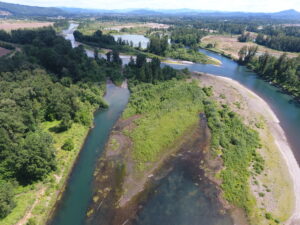
In 2023, McKenzie River Trust celebrated the 20th anniversary of the purchase of Green Island. This celebration gave us time to pause and reflect on the many hands who have helped us to put love into the land and the incredible story of how people came together to restore nearly a thousand acres of land where the McKenzie and Willamette rivers meet.
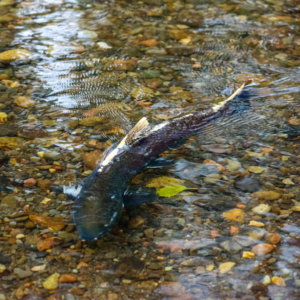
Chinook salmon making their way back up the McKenzie River have found more places to lay their eggs thanks to years of work restoring floodplains throughout the watershed.
Sign up for our monthly newsletter and get the latest conservation news and events.